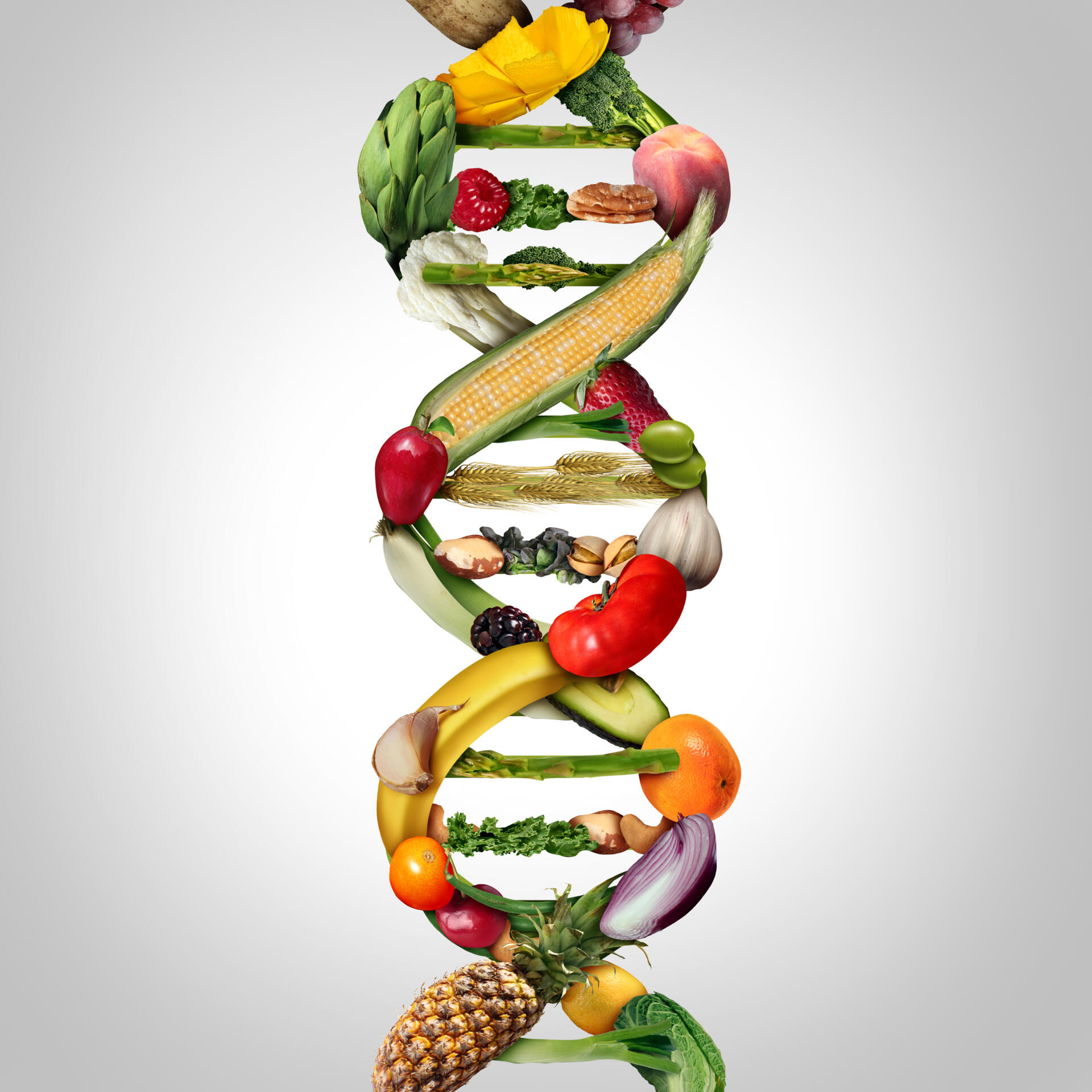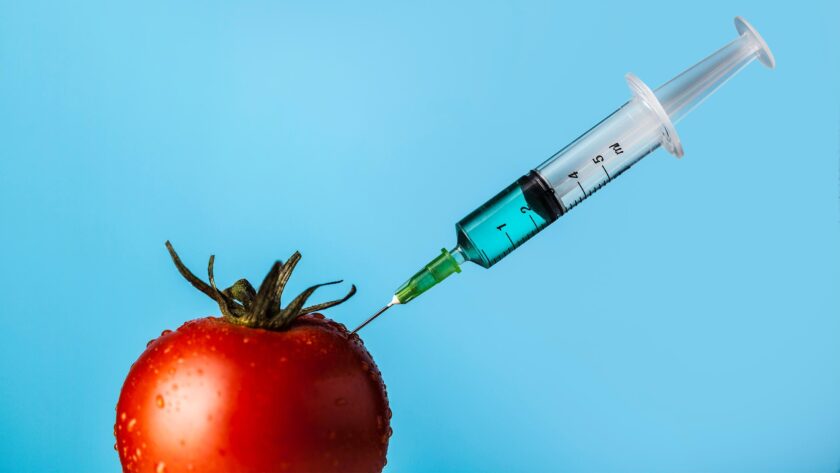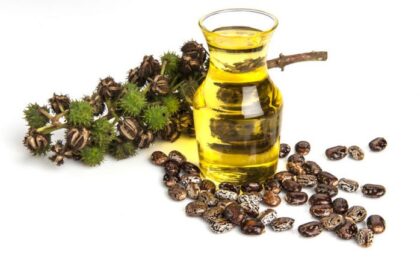Genetically modified (GM) ingredients have become increasingly prevalent in the food industry over the past few decades. While proponents argue that GM crops can help address food security and sustainability issues, there are also concerns about their potential negative impacts on human health and the environment. This article will explore the dangers of GM ingredients, why it’s important for consumers to be informed about the presence of these substances in the food they eat, and a list of 74 different GM ingredients you should avoid.
The potential negative impacts of genetically modified ingredients on human health and the environment are a matter of ongoing debate among scientists, policymakers, and consumer advocacy groups. One concern is that genetic modification can introduce unintended allergens or toxins into food. For example, a genetically modified soybean that was intended to be resistant to herbicides was found to contain higher levels of a known allergen. Another concern is the potential for GM crops to crossbreed with wild relatives, leading to the spread of trans-genes into wild populations and potentially disrupting ecosystems.

Genetically modified foods are destroying Mother Nature
The use of GM crops has also been linked to the rise of pesticide-resistant “super-weeds,” which require ever-increasing amounts of herbicides to control. This has led to increased pesticide use, which can harm both human health and the environment. Additionally, some research suggests that GM crops may have negative impacts on non-target species, such as butterflies and bees, which are important pollinators.
The potential dangers of genetically modified foods include:
- Allergic reactions: Some people may be allergic to the introduced genetic material, leading to an allergic reaction.
- Environmental impacts: Genetically modified crops can crossbreed with wild relatives, leading to the creation of invasive species and the loss of biodiversity.
- Gene transfer: The transfer of genetic material from genetically modified crops to bacteria or other non-target organisms can create new and potentially harmful organisms.
- Unintended consequences: There is a risk of unintended consequences of genetic modifications, such as reduced crop yields, increased plant susceptibility to disease, and increased use of pesticides.

74 Hidden Genetically Modified Ingredients
- Corn – Flour, masa, meal, oil, sugar, syrup, and starch.
- Artificial Sugars – High fructose corn syrup(HFCS), dextrin, cyclodextrin, maltodextrin, dextrose, nutrasweet, aspartame, fructose, minosweet, equal, canderel, inverted sugar and syrup, glucose, erythritol, sorbitol, erythritol, inositol, mannitol, sorbitol
- Meal replacement drinks – Benevia, condensed milk, milk powder
- Hydrogenated Starch
- Hydrolyzed vegetable protein
- Malt- syrup, extract
- Baking Powder
- Caramel Color
- E951
- Cystein
- The sine family, including lysine, leucine, glycine, threonine
- Sugar (unless specified as cane sugar), confectioners sugar
- Phenylalanine – occurs naturally in many protein rich foods such as milk, eggs, and meat. When genetically modified, it could cause health defects like major depressive disorders such as depression.
- The “Gly” family – (Glycerides) Normally a fat storage molecule, found in mostly vegetables, but modified to exist as a preservative or additive.
- Triglyceride
- Soy Products – tofu, tamari, tempeh, textured vegetable protein, teryaki marinades
- Soy – flour, isolates, milk, oil, sauce, protein, protein concentrate, protein isolate, lecithin, shoyu
- Lecithin
- Whey-protein
- Xanthan gum
- Oil- canola, cottonseed, vegetable
- Glutamate, monosodium glutamate(msg), glutamic acid, citric acid, lactic acid, phytic acid, oleic acid, stearic acid
- Anything with the word “modified”
In conclusion, genetically modified foods pose significant dangers to both human health and the environment. The long-term effects of consuming these foods are still unknown, but studies have shown that they may cause harm to our bodies and disrupt the delicate balance of ecosystems. Additionally, the use of genetically modified crops can lead to increased pesticide use, the development of pesticide-resistant pests, and the loss of biodiversity.






